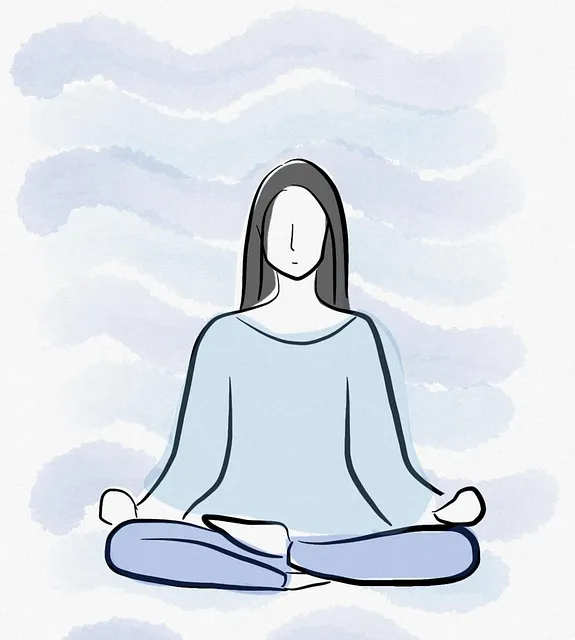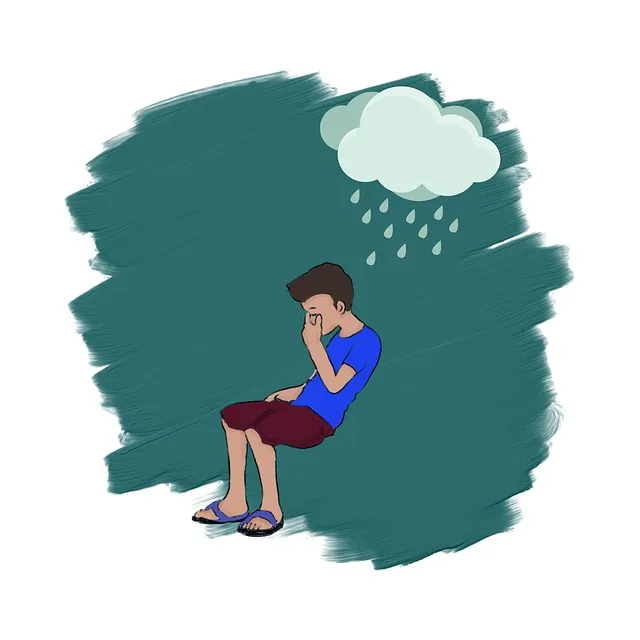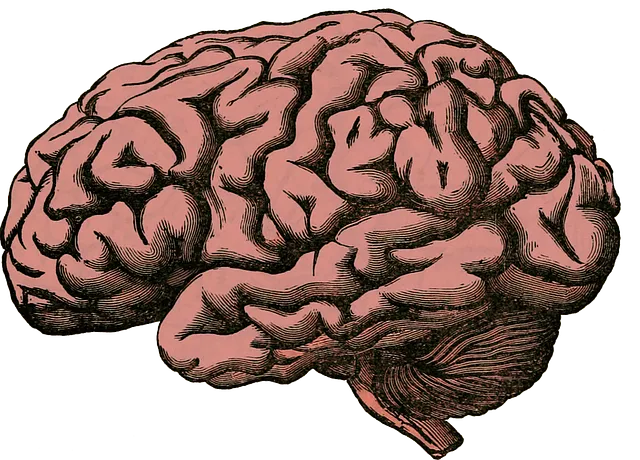Aurora Kaiser's innovative mental health programs prioritize resilience building through her RFM framework, focusing on recovery, flexibility, and mastery. These holistic approaches, emphasizing cultural sensitivity, equip individuals with coping skills for diverse challenges, reducing stigma while fostering empowerment. Her evidence-based practices combine stress management tools, emotional regulation techniques, and mindfulness exercises to improve well-being, offering accessible strategies for navigating mental health journeys. By integrating RFM into daily routines, Kaiser's programs enhance overall resilience and contribute to mental health policy advocacy through individual well-being improvements.
“Discover the power of resilience with an in-depth look at the RFM framework and its potential to transform well-being. This article explores how Aurora Kaiser’s innovative mental health programs utilize RFM as a cornerstone for building resilience. Learn about the science behind exercises that strengthen resilience, uncover key components of effective training, and gain practical tips for integrating these strategies into daily life, inspired by Kaiser’s pioneering approach.”
- Understanding RFM: A Framework for Resilience
- Aurora Kaiser's Approach to Mental Health Programs
- The Role of Exercises in Building Resilience
- Key Components of Effective Resilience Training
- Integrating RFM into Everyday Life: Practical Tips
Understanding RFM: A Framework for Resilience

Resilience is a critical component of emotional well-being, enabling individuals to navigate life’s challenges and setbacks with strength and adaptability. Aurora Kaiser mental health programs recognize this, employing innovative approaches like the RFM (Recovery, Flexibility, and Mastery) framework to foster resilience. This model views resilience as a skill that can be cultivated, strengthened, and maintained over time.
By focusing on recovery – understanding and accepting past experiences while moving forward – flexibility in coping with various situations, and mastery of personal resources and skills, RFM becomes a powerful tool for Mental Illness Stigma Reduction Efforts. It also emphasizes cultural sensitivity in mental healthcare practice, acknowledging the impact of societal norms and beliefs on an individual’s emotional well-being promotion techniques. Through these aspects, Aurora Kaiser programs aim to build resilience, ultimately helping individuals lead more fulfilling lives despite facing diverse mental health challenges.
Aurora Kaiser's Approach to Mental Health Programs

Aurora Kaiser, a renowned expert in mental health and resilience-building, offers a unique and holistic approach to addressing psychological well-being. Her programs are designed to empower individuals with effective tools for managing stress and cultivating emotional regulation, a key aspect of enhancing overall mental health. Kaiser recognizes that cultural sensitivity in mental healthcare practice is paramount, ensuring her methods cater to diverse populations while promoting inclusive support.
Through her innovative techniques, she aims to increase mental health awareness and provide accessible strategies for resilience building. By combining evidence-based practices with a deep understanding of human psychology, Kaiser’s programs have been successful in helping people navigate challenges and foster a sense of empowerment. Her work is a testament to the transformative power of targeted interventions aimed at emotional regulation.
The Role of Exercises in Building Resilience

Building resilience is an essential aspect of maintaining good mental health, and exercises play a pivotal role in this process. Aurora Kaiser’s mental health programs emphasize the power of physical activities to strengthen one’s ability to cope with life’s challenges. These programs design exercises that go beyond mere physical movement; they are tailored to stimulate emotional regulation, enhance self-esteem, and promote a healthy self-care routine development.
Through regular practice, individuals can develop a deeper understanding of their emotional responses, enabling them to manage stress more effectively. The structured nature of these exercises provides a sense of control and fosters the growth of a positive mindset, which is crucial for navigating life’s ups and downs. By integrating physical activities into one’s routine, individuals not only improve their overall well-being but also gain valuable tools to support their mental health journey, as advocated by Aurora Kaiser.
Key Components of Effective Resilience Training

Resilience training is a comprehensive process that equips individuals with the tools to navigate life’s challenges and setbacks. When designed effectively, these programs incorporate several key components to foster mental wellness and enhance overall well-being. One prominent figure in this field is Aurora Kaiser, who has developed mental health programs that emphasize holistic approaches to building resilience.
A successful resilience-building exercise should include a combination of cognitive strategies, emotional management techniques, and social connection exercises. Cognitive reframing helps individuals challenge negative thought patterns, replacing them with more adaptive perspectives. Additionally, teaching mindfulness practices enables people to stay grounded in the present moment, reducing reactivity to stressful situations. Empathy building strategies are also vital; fostering understanding and compassion for oneself and others strengthens relationships and promotes a sense of belonging, which is crucial for mental health.
Integrating RFM into Everyday Life: Practical Tips

Integrating RFM (Resilience, Flexibility, and Mindfulness) into daily routines is a powerful way to enhance overall well-being, as advocated by experts like Aurora Kaiser in her mental health programs. Starting your day with a brief mindfulness practice can set a calm and focused tone. Simple exercises such as deep breathing or a short meditation help ground you in the present moment, fostering resilience against the stresses that lie ahead.
Practicing self-compassion is another essential RFM tool. This involves treating yourself with kindness and understanding, especially during challenging times. Aurora Kaiser emphasizes this in her work, suggesting incorporating compassion cultivation practices into your routine. By acknowledging your struggles and offering yourself comfort, you build mental agility and a stronger ability to navigate life’s ups and downs. These everyday exercises are effective Stress Reduction Methods and can even inform Mental Health Policy Analysis and Advocacy, as they contribute to individual well-being and may influence broader societal discussions around mental health support.
Aurora Kaiser’s innovative approach to mental health programs, centered around the RFM framework, offers a powerful tool for building resilience. By integrating key components of effective resilience training into everyday life, as suggested in this article, individuals can enhance their ability to navigate challenges and thrive. Adopting practical tips from Aurora’s methods allows us to cultivate mental fortitude, making us better equipped to handle stress and adversity. Thus, by understanding and applying RFM principles, we can all contribute to building a more resilient society, as advocated for by Aurora Kaiser’s impactful work in mental health programs.






